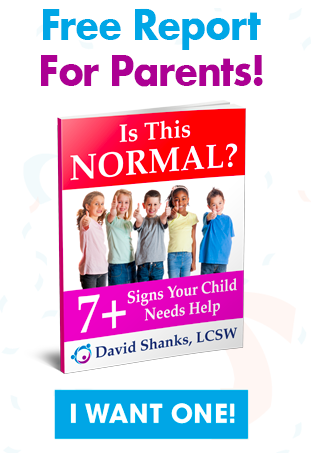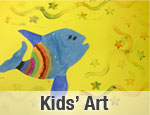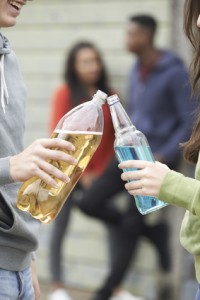 According to the Centers for Disease Control, although drinking by persons under the age of 21 is illegal, people aged 12 to 20 years drink 11% of all alcohol consumed in the United States. More than 90% of this alcohol is consumed in the form of binge drinks. On average, underage drinkers consume more drinks per drinking occasion than adult drinkers. The 2013 Youth Risk Behavior Survey6 found that among high school students, during the past 30 days, 35% drank some amount of alcohol, 21% binge drank, 10% drove after drinking alcohol, 22% rode with a driver who had been drinking alcohol.
According to the Centers for Disease Control, although drinking by persons under the age of 21 is illegal, people aged 12 to 20 years drink 11% of all alcohol consumed in the United States. More than 90% of this alcohol is consumed in the form of binge drinks. On average, underage drinkers consume more drinks per drinking occasion than adult drinkers. The 2013 Youth Risk Behavior Survey6 found that among high school students, during the past 30 days, 35% drank some amount of alcohol, 21% binge drank, 10% drove after drinking alcohol, 22% rode with a driver who had been drinking alcohol.
It’s scary and it’s obvious that this is a big issue that will concern every parent. I think the most alarming statistics are the amount of drinking and driving. What can parents do?
The first and obvious answer is to pay attention to your teen and do your best to communicate. If you are having trouble talking, maybe that is a place to start. If your attempts to have a conversation aren’t working, that in itself can be a red flag that something is up. A therapist can help troubleshoot the problem and restore some degree of trust and open communication.
If you do find out that your teen has been drinking, the first rule is keep your cool. Reacting with anger will most likely get in the way of having a productive conversation. It’s important talk with your teen and try to find out what is going on. Is this early experimentation or is it a regular habit?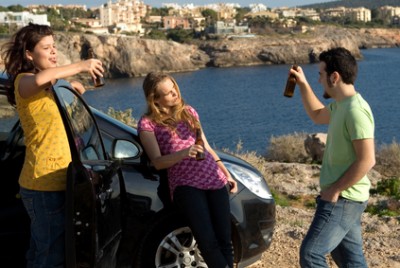 Are they driving or riding with drivers who are drinking? It can be a real challenge to stay rational if you find out that your child is taking part in seriously dangerous activities.
Are they driving or riding with drivers who are drinking? It can be a real challenge to stay rational if you find out that your child is taking part in seriously dangerous activities.
Many parents react by getting angry, shaming the teen, and often blaming themselves or their spouse. This is understandable, however, it risks further alienation which can lead to more acting out and rebellion. A more skillful reaction is to seek to find ways of helping the teen make better decisions. Teens do need limits and consequences, but limits and consequences are often ineffective or counter productive if the teen does not have a positive connection to the parents.
There are many reasons teens drink. Obviously we live in a culture in which they see alcohol consumption as a sign of adulthood. Communication is always important but I think the biggest issue which can be addressed is the amount of stress teens today feel. Kids who are doing well in school and activities are typically under enormous pressure to perform. And kids who aren’t doing well are under just as much pressure – most of it negative. Many teens have issues with self confidence and find drinking is a way to loosen up and feel more relaxed in social situations.
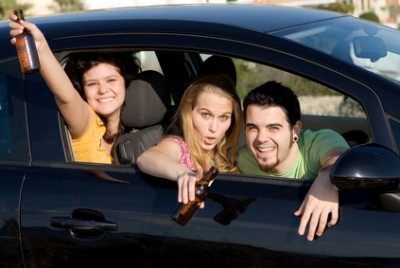 A preventive strategy for dealing with alcohol abuse is, first, to have a good sense of your teen’s level of stress and how well they are developing coping skills. Life is going to be full of stress. What we all want is for our teens to grow up into adults who can handle what life brings. If you see your teen is not doing well, maybe it’s time to get some help from a skilled therapist. Some signs of distress include outbursts of anger, isolation, unwillingness to talk about what is bothering them, depression, dark moods, video game addictions, binge eating, and social media addictions. While some of these may seem “normal” they are all signs of underlying distress that can lead to run away problems including alcohol and drug abuse.
A preventive strategy for dealing with alcohol abuse is, first, to have a good sense of your teen’s level of stress and how well they are developing coping skills. Life is going to be full of stress. What we all want is for our teens to grow up into adults who can handle what life brings. If you see your teen is not doing well, maybe it’s time to get some help from a skilled therapist. Some signs of distress include outbursts of anger, isolation, unwillingness to talk about what is bothering them, depression, dark moods, video game addictions, binge eating, and social media addictions. While some of these may seem “normal” they are all signs of underlying distress that can lead to run away problems including alcohol and drug abuse.
In the next article I’ll discuss teens and drug use.
David Shanks, LCSW is a therapist in Carrboro/Chapel Hill
